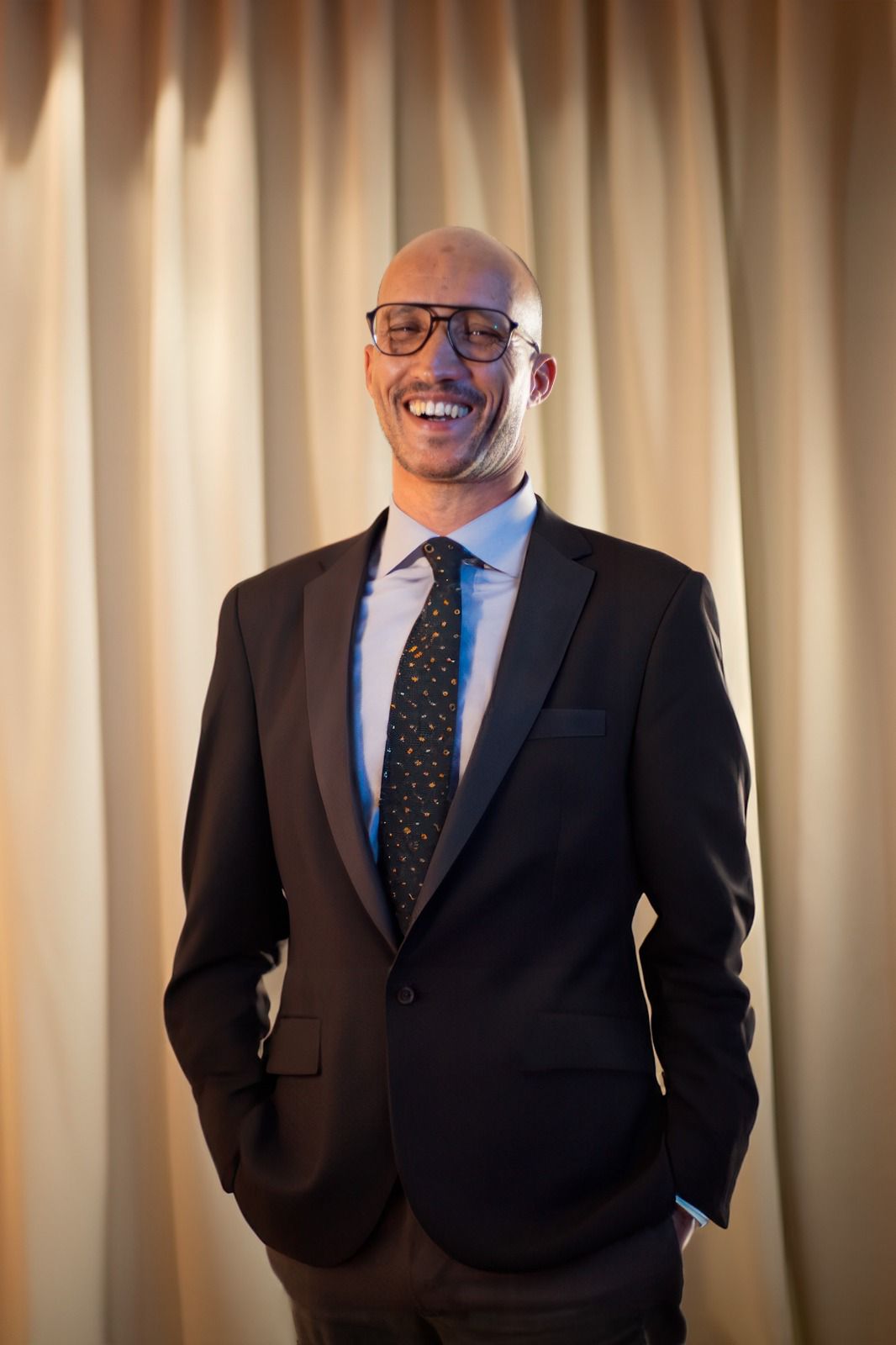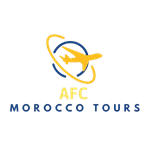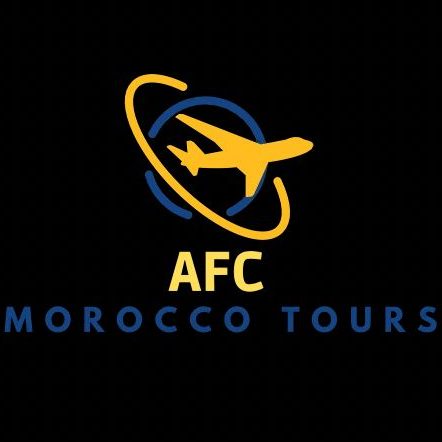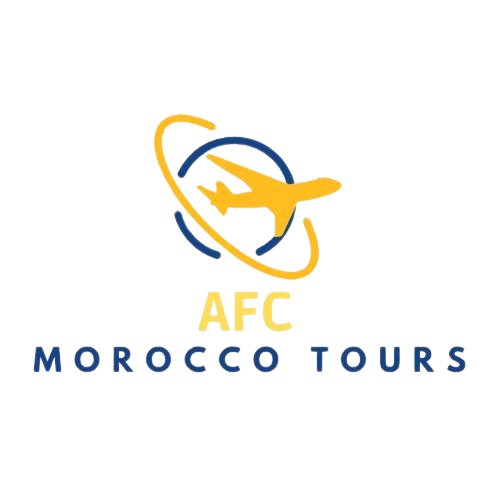3 Days Erg Chigaga Camel Trek Tour
The Marrakech to Erg Chigaga Desert Tour is one of the most famous Marrakech desert tours that traverse the Erg Chigagain Sahara Desert and offer you rich scenic views. Travel through unknown paths, discover unexplored places, and watch the color of the sky change as you move across from one end of the desert to the other, breathing the fresh desert air and enjoying the unadulterated scenery.
You will enjoy the warm hospitality of the native Berbers and love interacting with them and listening to their mystic tales as you camp in the desert under the shimmering stars and the jet-black sky at night. If you are lucky, you might discover some constellations too!
-
Departure
MARRAKECH -
Departure Time
8 AM -
Return Time
6 PM -
Included
Camel trek (one camel per guest)Entrance FeesMeals as per itineraryNew air-conditioned vehicle 4WD or Minivan/Mini BusOvernight in Desert Luxury CampPick-up and Drop Off ServiceProfessional driver/Tour guide during the tour -
Not Included
FlightsLocal guides in major cities: Fes; Marrakech, Casablanca mosque, Volubilis; Essaouira, Atlas MountainsLunches and drinks unless specifiedPersonal expenses
Tour Plan
Day 1: Marrakech – Ouarzazate – Draa Valley
Day 2: Drive through DraaValley, Erg Chigaga, and Camel Trek
Day 3: Back to Marrakech
20 Things You Must Know Before Visiting Morocco Travel Tips
More and more people are visiting Morocco every year. It’s a beautiful country. If you plan on going, here are a few pointers to help you prepare for your trip.- Dress Appropriately
- Currency and Cost
- ATMs.
- Keep Correct Change with You
- Tipping
- Be Wary of Local Guides.
- Stay Away from Strangers Offering Free Tours or Directions.
- Fridays are Holy Days and Prepare for Holidays
- Careful What Water You Use
- Pack Some Immodium
- Watch Your Pockets
- What Language Do They Speak?
- Hello(Peace Be With You): Salam Alikome (salaam a eleikum)
- Thank You:Choukran (shokran)
- No Thank You: La Choukran (la shokran). This one is useful when you have a bunch of street vendors hassling you to buy something.
- Watch Out: Although you won’t use this yourself, you’ll most likely hear this in the medinas or souks (outdoor markets). It will be said by locals coming by with a mule, motorcycle, or cart and is a warning to move to the side.
- Visiting Mosques:
- Do I Need a Visa or Vaccines?
- Ask Before Taking Photos (And You May Have to Pay).
- Souvenirs to Bring Home:
****************************
Overall, Morocco is a beautiful country, and you will be happy to experience it. As long as you’re completely aware of your surroundings, and you go in with the right mindset and expectations, you can have a wonderful experience.





